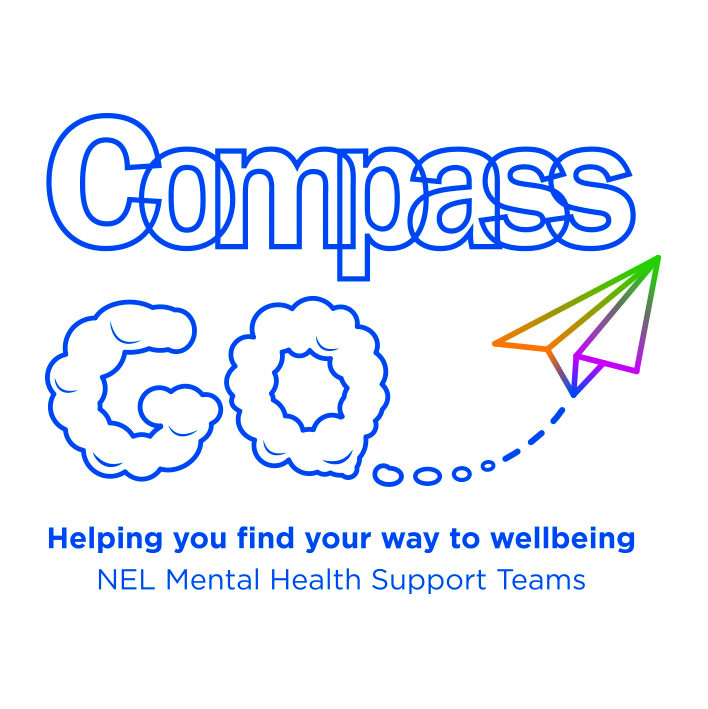
Published on: August 26, 2021
Compass Go case study by Jamee-Leigh Benson, Supervising Practitioner
How was the person previously?
The young person was anxious and struggled to go to school and leave the family home. She could not use public transport and could not go into a shop by herself to purchase something. She feared talking to strangers and was very socially anxious. She used to have her hood up constantly in public places.
How were they helped?
We completed graded exposure over 12 sessions which is an evidence based treatment of anxiety which consists of carefully and gradually exposing young people to the situations which they fear
This consisted of psycho-education, which is where we share information and knowledge around why they are experiencing difficulties in relation to their body and mind. We looked at the maintenance cycle so she could also see why her anxiety had become a normal pattern for her.
I helped the young people to unpick their difficulties into five areas, the situation and their thoughts, feelings, physical sensations and behaviours around that situation.
We looked at the stress response which is a change in our physical body and thoughts which occurs when we are exposed to a threat. I also taught the young person about habituation which is where our anxiety has a peak and then it always comes back down from this peak. If we keep exposing ourselves to the feared situation then our anxiety will peak quicker before it starts dropping again.
I helped the young person to find what her safety behaviours were – she played really loud music through her headphones to help distract her in stressful situations. Over time, we helped her to let go of these safety behaviours so she didn’t need them any more.
Practical help
The young person was anxious about returning to school in September as she was either going to have to take a new subject she loved but didn’t know anyone in that class, or stay with her friend and do a subject she did not enjoy. After problem solving this together and coming up with lots of solutions she herself came up with an action plan where she would choose the subject she preferred but ask if the TA from her current class will accompany her for the first lesson. The young person went away and carried out the first step of this plan and came back the following week to inform me that the TA had agreed to this. As a result, her anxiety had diminished and she was more excited about returning in September to take a class that she would enjoy and was good at.
How are they now?
The young person is now able to go on a bus on their own. They can also buy things from the shop on their own and their attendance at school has improved. They are more confident in speaking to adults and other people by using the strategies to help put their thoughts and worries into perspective for themselves.
She is also now able to go out without wearing clothing with a hood on and will not place her hood up in public as often. She has been more confident in using problem solving to decide what choices she wants to make for her final year of study in school.
Would they recommend the service?
She said she would certainly recommend our service for others who are facing difficulties.
Case worker’s view
The young person used the full 12 sessions but made the greatest progress in the last five sessions, when she saw changes in herself and also when we had more face to face contact following covid restrictions being lifted.
I thoroughly enjoyed working with this young person and it emphasises the importance of face to face work and building the therapeutic relationship with young people to help promote positive outcomes. Outcomes like this make me love my job here with Compass and the MHST.
Compass Go. Case No. 153 (age 12-15)

